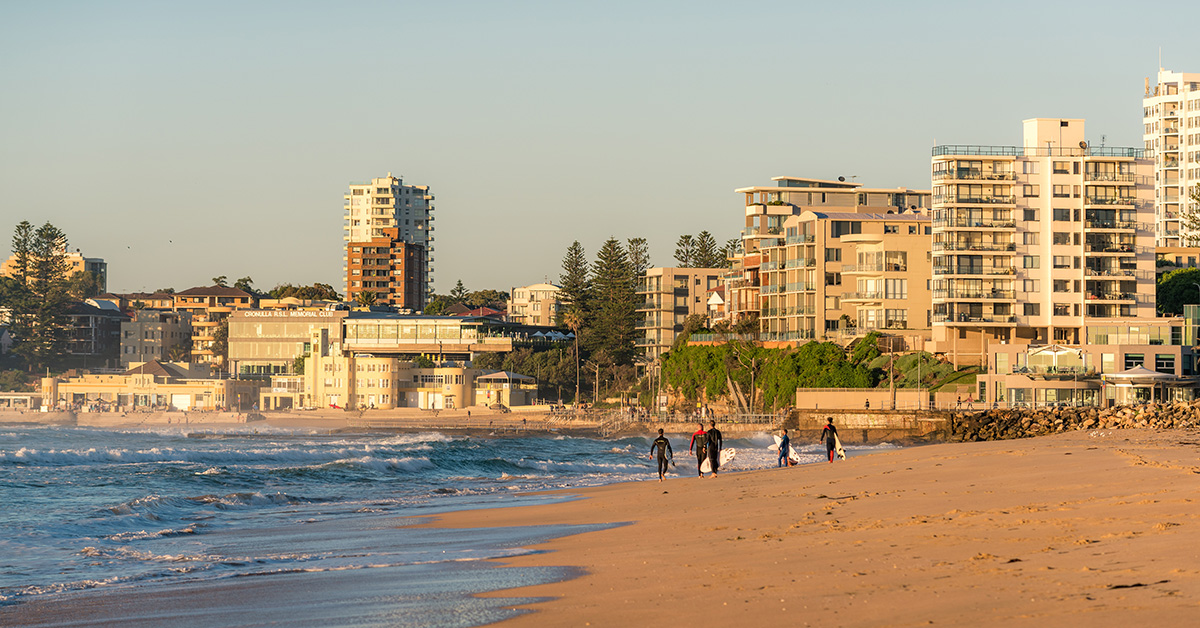How to Save for a Home Deposit in 18 Months While Renting

Saving for a home in 18 months may seem impossible especially if you are already renting, but with some financial discipline and a keen focus on cutting your costs wherever possible, you can work towards building up for a deposit for your home loan in just a year and a half.
Meet Andy, he’s a 30 year old construction manager earning $85,000. Andy has done some research and believes he will be able to buy an apartment in an area he wants to live in for $500,000. His goal is to save a 10% deposit as he knows saving any less than that may mean he has to pay additional fees such as lenders mortgage insurance, plus the more money he can put down up front will help determine how much money he can borrow – the more he can save the better.
Talk to home loan specialists and set financial goals
Although Andy hasn’t saved any money as yet, it is a good idea to talk to a home loan specialist to get an idea as to how much they believe you will need to save and how much based on your current earnings you may be able to afford to borrow in the future. Getting an idea is important – but keep in mind this is an indicative figure only. By setting his financial goals early it will make it much easier for Andy to plan and save successfully.
How is Andy going to save his deposit of a home loan
The first step for Andy is to create a budget – to work out how much money he is earning and spending and where he can cut costs. He doesn’t believe that he has the capacity to save for a deposit but here is a look at his finances and individual situation to show you how it can be done.
Andy’s regular expenses
| Type of expense | How to save | Total savings |
| Health insurance | Andy currently pays $31.45 a week ($2,453.10 per 18 months) for health insurance cover. If Andy changes his policy to a lower level policy he would pay only $17.50 a week ($1365 per 18 months) which would save him $1088. | $1088 |
| Gym membership | Andy spends $63 per month on his gym membership which totals $1134 for 18 months. If he cancels his membership and instead trains in the park he will save that $1134. | $1134 |
| Eating out | By watching what he spends his money on he can see that he eats out 3 nights per week and spends an average of $45 each time. This adds up to $135 per week and $10,530 over 18 months. If Andy cut back on his dinners out each week to once per week, he will save $7020 within 18 months. | $7020 |
| Pub nights | Andy goes to the pub with his friends every Friday and Saturday night. On average he spends $120 each time. This adds up to $18,720 over 18 months. If Andy reduces how much he spends each night at the pub to half that amount and only spends $60 each time, he will save $9360.00 over a year and a half. | $9360 |
| Holidays | Andy loves to holiday and each year and a half he spends about $8,000 on holiday’s skiing, surfing and travelling the world. As he is trying to save for a deposit, if he decides not travel for the next 18 months at all, which gives him $8,000 he can put toward his savings. | $8,000 |
| Total savings | $26,602 |
By cutting back on his ‘extra’s’, Andy will be able to save approximately $26,602 that he can put toward his deposit, but that still isn’t enough.
What can Andy save from his weekly salary?
Andy’s weekly salary (net) $1233.23
Weekly rent: $510
Eating out, health insurance, pub nights: $182.50
Fuel, public transport, food and groceries: $200
Total expenses: $892.50
How much does Andy have each week after expenses: $340.50
Andy decides to save $300 each week and put it into a high interest savings account with a 1.81% interest rate*. At the end of 18 months his savings account totals $23,702.43.
After 18 months here is what Andy has saved:
Weekly and monthly cost cutting: $26,602
Savings in high interest savings account: 23,702.43
Total savings to be used as a deposit: 50,304.43
Over an 18-month period, Andy has saved $50,304.43 – more than he needs for a deposit for a $500,000 apartment. He is now ready to talk to a home loan specialist and discuss loans, pre-approval and begin the home hunt….how exciting!
We understand that Andy's financial situation is unique to him and will only be relevant to some of our audience, but the principle of looking at your earnings and expenses as Andy did and being super focused on cutting costs over a set period of time will hopefully help you save regardless of your unique financial situation.
We will be writing more pieces focusing on this topic, tailored to a broader range of our audience. Stay tuned!
*Calculated using ANZ savings calculator



